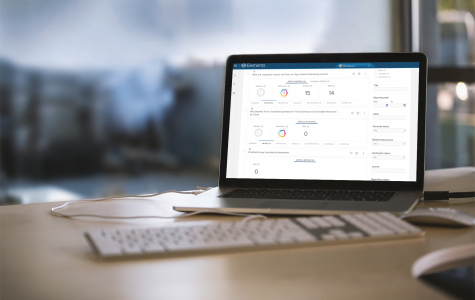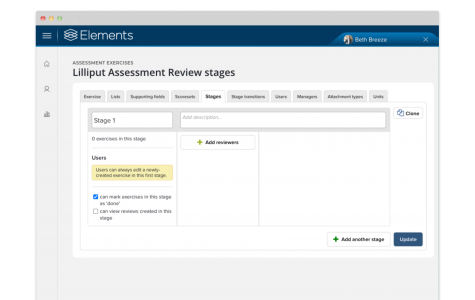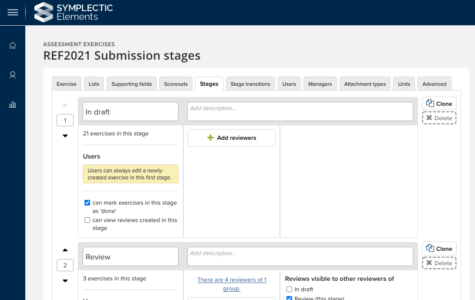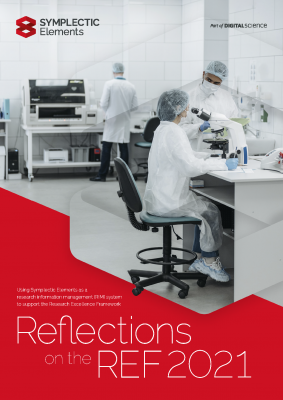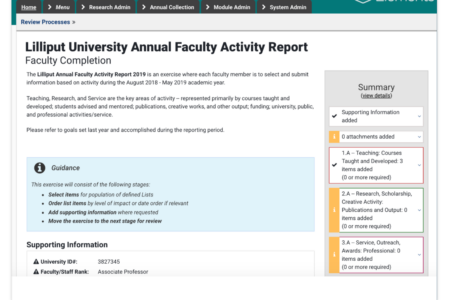Reduce the burden of compliance
Government and funding bodies around the world have issued mandates for research reporting, tracking impact and open access policy compliance. We know how much time and effort it can take to ensure your organisation measures up – so we build tools to make it easier for you to meet your compliance requirements. Elements enables you to collect, collate, and report on research inputs, outputs, outcomes, and professional activities, helping to inform compliance and assessment submission strategies and ensure you have the data you need to meet your reporting requirements.
We integrate with a wide range of external data sources to reduce the burden of data discovery, collection, and collation, and can automatically harvest a range of metrics from Dimensions, Web of Science, Scopus, Europe PMC and Altmetric to help inform internal quality judgements.
